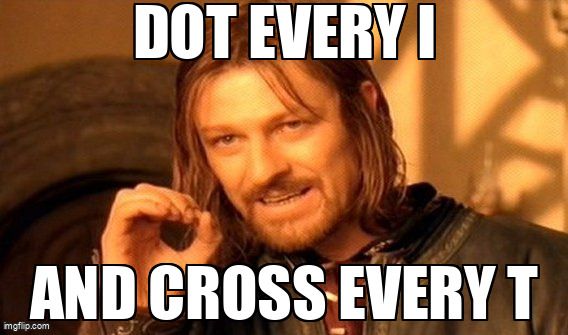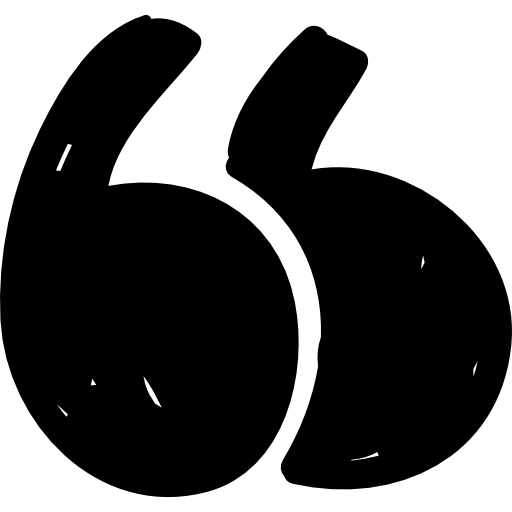
This logo isn't an ad or affiliate link. It's an organization that shares in our mission, and empowered the authors to share their insights in Byte form.
Rumie vets Bytes for compliance with our
Standards.
The organization is responsible for the completeness and reliability of the content.
Learn more
about how Rumie works with partners.
Do spelling errors make you want to pull your hair out?

Do you care about the Oxford comma?
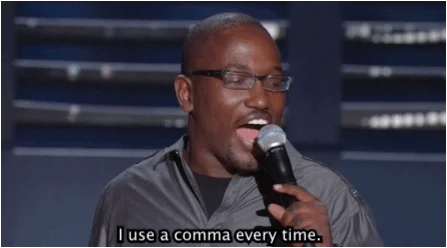
As a proofreader, you can get paid to correct people's grammar, spelling, and punctuation mistakes!
What do proofreaders do?
Quiz
A proofreader is working on a document and finds that the writer used the work "peak" instead of "pique". Should they correct this error?
The incorrect spelling of a word is a mistake a proofreader would fix but they wouldn't rewrite or change the sentence.
Where can you work as a proofreader?
Proofreaders are needed in all industries where written work is published, so there are opportunities to work in diverse fields like medicine, publishing, advertising, and academics.
This kind of job also offers many opportunities for freelance work and you can work from the comfort of your space.
The sweet spot is matching your hard and soft skills with an industry that you enjoy.
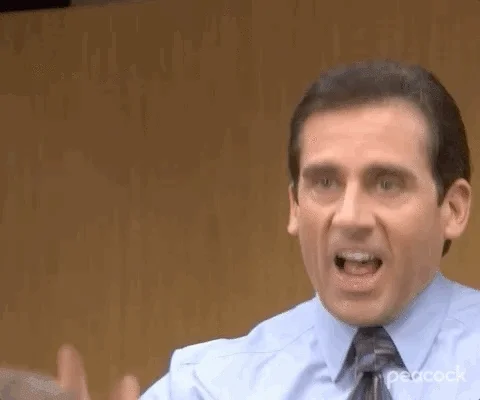
How much can you make?
What kind of experience do I need?

Many proofreaders have studied journalism, english, communications and media, and publishing. You don't need a certification to be a proofreader. Your skill set and aptitude will determine your success in this role.
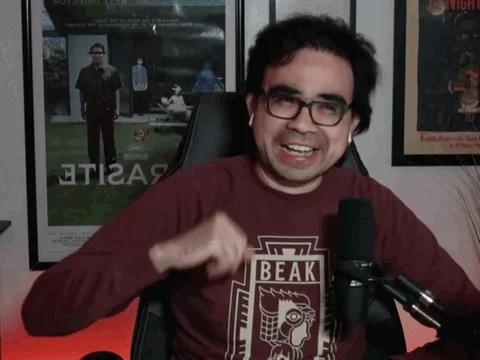
No experience? No problem!
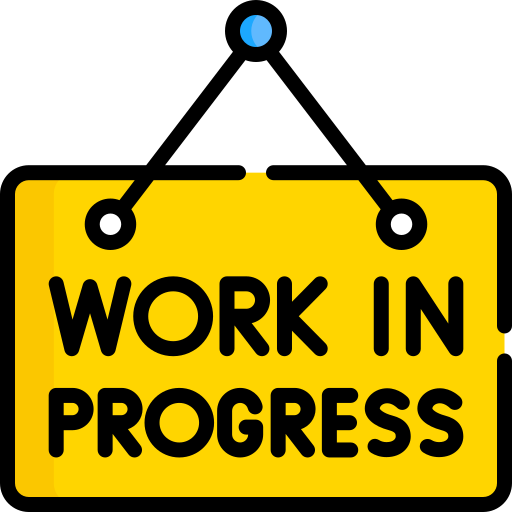
You can still showcase your skills by building a portfolio of your best work to wow potential employers and clients. This is what you should include in a winning portfolio:
Choose proofread samples of work that match the industry you want to work in
Make it clear and concise by using labeling and headings
Include a bio to show your personality and creativity
Decide on a portfolio format that will match the samples you want to show
Are proofreaders relevant in the workplace?
You may be wondering, "Don't people use spellcheckers to help with their grammar?" Isn't that what a proofreader essentially does?"
This is both true and not true.
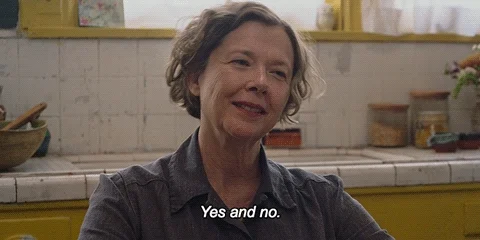
Although AI technology can be used to correct superficial grammar, punctuation, and spelling mistakes, it isn't a good enough substitute for the human touch that a proofreader can provide in a text.
Here's a list of some of the ways that a human proofreader makes critical contributions to written text:
Understand the context of a text
Add creativity and style
Apply critical thinking when correcting mistakes
Be aware of cultural sensitivity
Need the list go on?
Still not sure if this is the right fit for you?
So...now that you know what proofreading is all about, do you think you could do it but might still need a nod in the right direction?
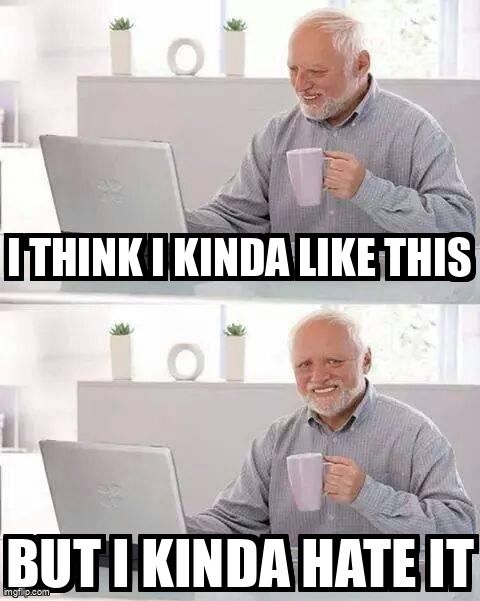
You'll love it if...
You enjoy sticking to a routine
You can concentrate for long hours
You love reading
Can work accurately under pressure
You'll hate it if...
You get bored easily
You like to work without a set routine
You prefer collaborative work
Quiz
Which person is best fit to be a proofreader?
A person who has an affinity for spotting mistakes may enjoy working as a proofreader.
This Byte has been authored by
Keneuoe Setai
ALT
n/a
